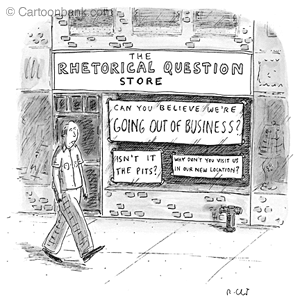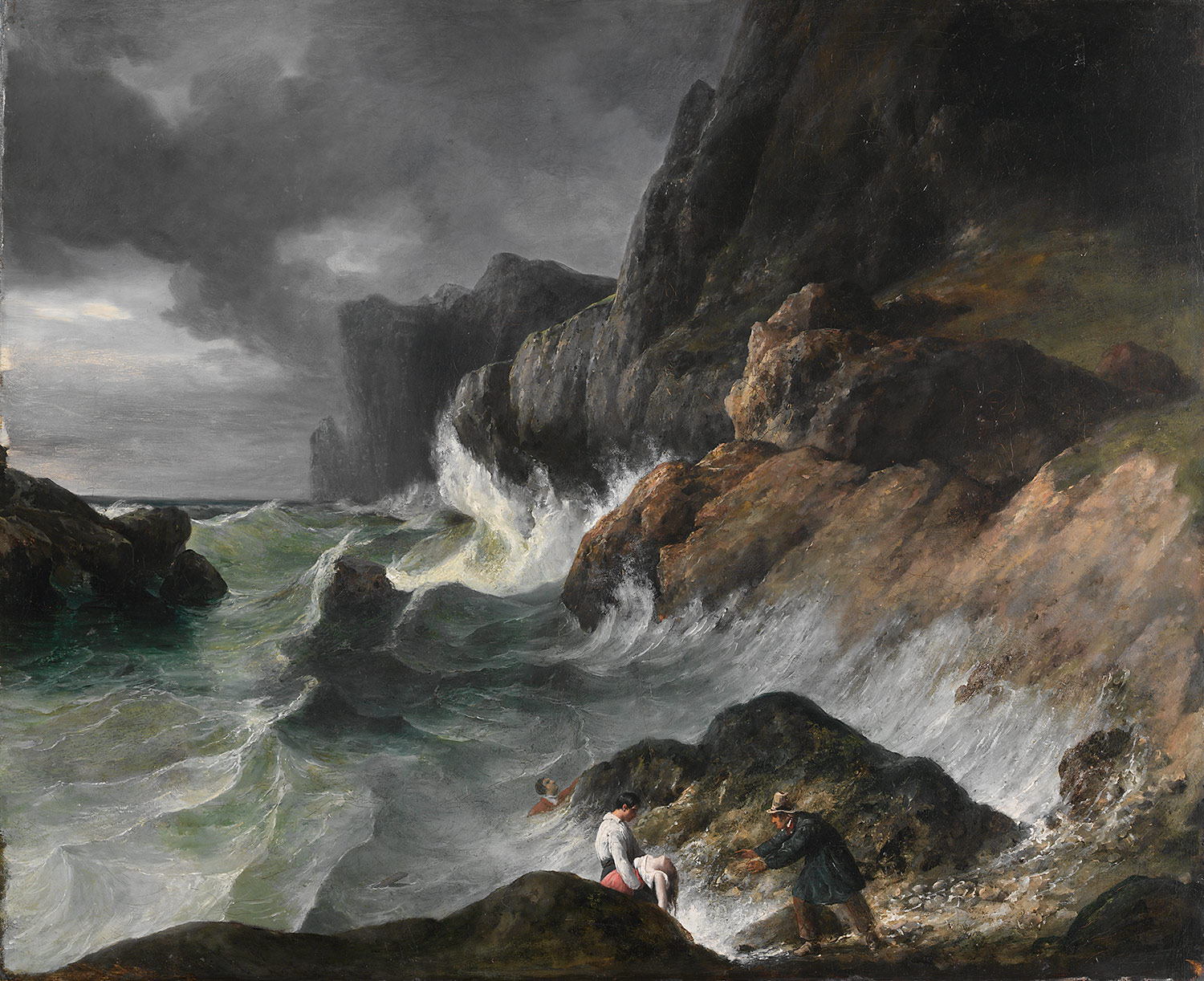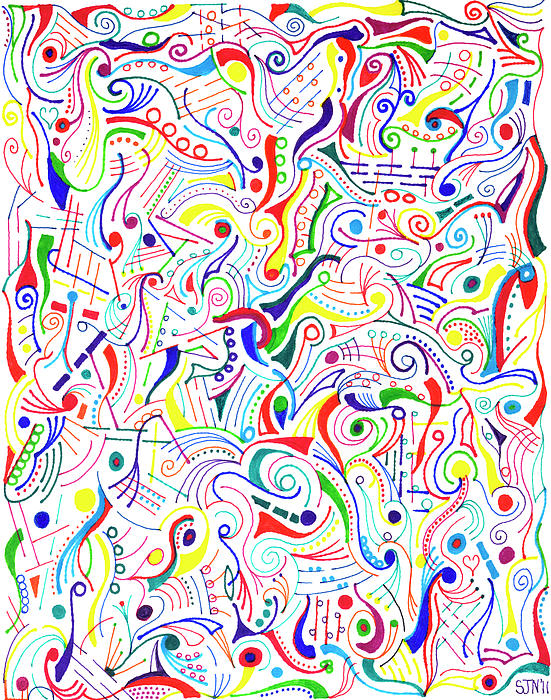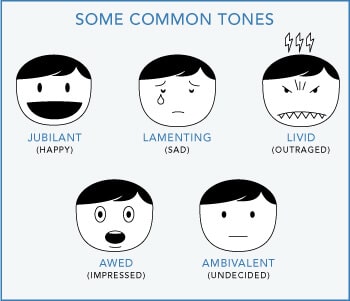Tuesday, February 26, 2013
Brave New World 2 and 3
This book continues to confuse and interest me at the same time, giving me a feeling of being lost but with enough understanding to want to continue to read and learn more. The one thing that I have picked up from my reading is how many if our current ideas thoughts and values are rejected as useless or stupid or wasteful in this new society where everything is based of consumption and prosperity. Having a biological mother is seen as dangerous causing too much emotion. Having only one lovers or intimate partner is also considered bad like something horribly illegal. The examples of these foreign ideas to someone of today's time are consist throughout these two chapters. Huxley also writes during chapter three with many spaces jumping from conversation to different conversation all over the place. I couldn't understand why but it made for interesting reading
Monday, February 25, 2013
BRAVE NEW WORLD (I)
Reading this first part and chapter of Brave New World I am strangely confused and hooked at the same time. Reading the process of this some sort of mechanical human breeding that seeks to make as many twins, or exact copy humans as possible and how they do it automatically triggers many questions. How can they do this , I can't understand these words used to describe it, and why would would they want to do it to name a few. I may not have any idea to the answers or whats going on, but I do want to read more.
Thursday, February 21, 2013
First Quarter Review
A) I have made some good progress during this first quarter of the second semester in this class, and I believe my performance has been good, but can still be improved. This is because I am doing good with the more raw and straightforward assignments in the class, such as lit terms and literary analysis. On the other hand though I lack on things like the Senior project and the big question.
B) Some of my goals include maintaining good grades for college acceptance, preparing myself for the AP test to help myself when registering for classes next year, and receive as many scholarships as possible to help pay my way to college.
C) I feel the class could use a little structure at times, especially when it comes to material we will be tested on.
B) Some of my goals include maintaining good grades for college acceptance, preparing myself for the AP test to help myself when registering for classes next year, and receive as many scholarships as possible to help pay my way to college.
C) I feel the class could use a little structure at times, especially when it comes to material we will be tested on.
Tuesday, February 19, 2013
Lit Terms 109-133
2. Rising Action: plot build up, caused by conflict and complications, advancement toward climax.
3. Romanticism: movement in western culture begining in the eighteenth and pearking in the nineteenth century as a revolt against Classicism; imagination was valued over reason and fact.
Example: Jane Austen's Persuasion;Mansfield Park
Emily Bronte's Wuthering Height
4. Satire: ridicules or condemns the weakness and wrong doings of indivduals, groups, institutions, or humanity in general.
Example: "The city stopped washing its buses because they kept getting dirty again."
"We should hire illegal immigrants as teachers because that way we can pay them less."
5. Scansion: the analysis of verse in terms of meter.
6. Setting: the time and place in whcih events ina short story, novel, play, or narrative poem occur.
Example: A Tale Of Two Cities-London and Paris 1775-1790
background French Revolution
7. Simile: a figure of speech comparing two essentially unlike things through the use of a specific word of comparison.
8. Soliloquy: an extended speech, usually in a drama, delivered by a character alone on stage.
Example: "To be or not to be"--Hamlet; Shakespeare
"O conspiracy,
Sham' st thou to show thy dan'rous brow by night,
When evils are most free? O, then by day
Where wilt thou find a cavern dark enough
To mask thy monstrous visage? Seek none, conspiracy;
Hide it in smiles and affability:
For if thou path, thy native semblance on,
Not Erebus itself were dim enough
To hide thee from prevention."
--Brutus
9. Spiritual: a folk song, usually on a religious theme.
10. Speaker: a narrator, the one speaking.
Example: narrator
11. Stereotype: cliché; a simplified, standardized conception with a special meaning and appeal for members of a group; a formula story.
Example: "All teenagers are rebels."
"All children don't enjoy healthy food."
" Women take forever to do anything."
12. Stream of Consciousness: the style of writing that attempts to imitate the natural flow of a character's thoughts, feelings, reflections, memories, and mental images, as the character experiences them.
Example: "Such fools we all are, she thought, crossing Victoria Street. For Heaven only knows why one loves it so, how one sees it so, making it up, building it round one, tumbling it, creating it every moment afresh; but the veriest frumps, the most dejected of miseries sitting on doorsteps (drink their downfall) do the same; can't be dealt with, she felt positive, by Acts of Parliament for that very reason: they love life. In people's eyes, in the swing, tramp, trudge; in the bellow and the uproar; the carriages, motor cars, omnibuses, vans, sandwich men shuffling and swinging; brass bands; barrel organs; in the triumph and the jingle and the strange high singing of some aeroplane overhead was what she loved; life; London; this moment of June."
-Virginia Woolf, Mrs. Dalloway
13. Structure: the planned framework of a literary selection; its apparent organization.
14. Style: the manner of putting thoughts into words; a characteristic way of writing or speaking.
Example: Jane Austen--romantic; gothic; heroic
F.Scott Fitzgerald--imaginary sentences; american dream
15. Subordination: the couching of less important ideas in less important structures of language.
16. Surrealism: a style in literature and painting that stresses the subconscious or the nonrational aspects of man's existence characterized by the juxtaposition of the bizarre and the banal.
Example: Salvador Dali--The Persistence of Memory
17. Suspension of Disbelief: suspend not believing in order to enjoy it.
Example: Spider Man; Super Man
18. Symbol: something which stands for something else; yet has a meaning of its own.
Example: Flag is the symbol of the country.
Red-bloody; The Red Badge Of Courage-the tranformation(fail to success) of Henry Fleming and honor.
19. Synesthesia: the use of one sense to convey the experience of another sense.
Example: "I see the sound of the car."
"I catch the sound of rain."
20. Synecdoche: another form of name changing, in which a part stands for the whole.
Example: Wheels-Car
Thread-Clothes
Hand-Worker
21. Syntax: the arrangement and grammatical relations of words in a sentence.
22. Theme: main idea of the story; its message(s).
23. Thesis: a proposition for consideration, especially one to be discussed and proved or disaproved: the main idea.
24. Tone: the devices used to create the mood and atmosphere of a literary work; the author's perceived point of view.
Example: "Goddamn money. It always ends up making you blue as hell."
"Caltholics are always trying to find out if you're Catholic."--Catcher in the Rye:Bitter; Sacrastic; Tough
25. Tongue in Cheek: a type of humor in which the speaker feigns seriousness; a.k.a. "dry" or "dead pan"
3. Romanticism: movement in western culture begining in the eighteenth and pearking in the nineteenth century as a revolt against Classicism; imagination was valued over reason and fact.
Example: Jane Austen's Persuasion;Mansfield Park
Emily Bronte's Wuthering Height
4. Satire: ridicules or condemns the weakness and wrong doings of indivduals, groups, institutions, or humanity in general.
Example: "The city stopped washing its buses because they kept getting dirty again."
"We should hire illegal immigrants as teachers because that way we can pay them less."
5. Scansion: the analysis of verse in terms of meter.
6. Setting: the time and place in whcih events ina short story, novel, play, or narrative poem occur.
Example: A Tale Of Two Cities-London and Paris 1775-1790
background French Revolution
7. Simile: a figure of speech comparing two essentially unlike things through the use of a specific word of comparison.
Example: "My stomach is growling like a bear."
"You are as sweet as chocolate."
8. Soliloquy: an extended speech, usually in a drama, delivered by a character alone on stage.
Example: "To be or not to be"--Hamlet; Shakespeare
"O conspiracy,
Sham' st thou to show thy dan'rous brow by night,
When evils are most free? O, then by day
Where wilt thou find a cavern dark enough
To mask thy monstrous visage? Seek none, conspiracy;
Hide it in smiles and affability:
For if thou path, thy native semblance on,
Not Erebus itself were dim enough
To hide thee from prevention."
--Brutus
9. Spiritual: a folk song, usually on a religious theme.
10. Speaker: a narrator, the one speaking.
Example: narrator
11. Stereotype: cliché; a simplified, standardized conception with a special meaning and appeal for members of a group; a formula story.
Example: "All teenagers are rebels."
"All children don't enjoy healthy food."
" Women take forever to do anything."
12. Stream of Consciousness: the style of writing that attempts to imitate the natural flow of a character's thoughts, feelings, reflections, memories, and mental images, as the character experiences them.
Example: "Such fools we all are, she thought, crossing Victoria Street. For Heaven only knows why one loves it so, how one sees it so, making it up, building it round one, tumbling it, creating it every moment afresh; but the veriest frumps, the most dejected of miseries sitting on doorsteps (drink their downfall) do the same; can't be dealt with, she felt positive, by Acts of Parliament for that very reason: they love life. In people's eyes, in the swing, tramp, trudge; in the bellow and the uproar; the carriages, motor cars, omnibuses, vans, sandwich men shuffling and swinging; brass bands; barrel organs; in the triumph and the jingle and the strange high singing of some aeroplane overhead was what she loved; life; London; this moment of June."
-Virginia Woolf, Mrs. Dalloway
13. Structure: the planned framework of a literary selection; its apparent organization.
14. Style: the manner of putting thoughts into words; a characteristic way of writing or speaking.
Example: Jane Austen--romantic; gothic; heroic
F.Scott Fitzgerald--imaginary sentences; american dream
15. Subordination: the couching of less important ideas in less important structures of language.
Example: "Even though the broccoli was covered in cheddar cheese, Emily refused to eat it." (subordinate clause+main clause)
"Unless Kate finished her calculus hw, she will have to suffer during class tomorrow."
Example: Salvador Dali--The Persistence of Memory
17. Suspension of Disbelief: suspend not believing in order to enjoy it.
Example: Spider Man; Super Man
18. Symbol: something which stands for something else; yet has a meaning of its own.
Example: Flag is the symbol of the country.
Red-bloody; The Red Badge Of Courage-the tranformation(fail to success) of Henry Fleming and honor.
19. Synesthesia: the use of one sense to convey the experience of another sense.
Example: "I see the sound of the car."
"I catch the sound of rain."
20. Synecdoche: another form of name changing, in which a part stands for the whole.
Example: Wheels-Car
Thread-Clothes
Hand-Worker
21. Syntax: the arrangement and grammatical relations of words in a sentence.
22. Theme: main idea of the story; its message(s).
23. Thesis: a proposition for consideration, especially one to be discussed and proved or disaproved: the main idea.
24. Tone: the devices used to create the mood and atmosphere of a literary work; the author's perceived point of view.
Example: "Goddamn money. It always ends up making you blue as hell."
"Caltholics are always trying to find out if you're Catholic."--Catcher in the Rye:Bitter; Sacrastic; Tough
25. Tongue in Cheek: a type of humor in which the speaker feigns seriousness; a.k.a. "dry" or "dead pan"
Wednesday, February 13, 2013
Lit Terms 83-108
- Omniscient Point of View: knowing all things, usually the third person.

- Onomatopoeia: use of a word whose sound in some degree imitates or suggests its meaning.
- Oxymoron: a figure of speech in which two contradicting words or phrases are combined to produce a rhetorical effect by means of a concise paradox.

- Pacing: rate of movement; tempo.
- Parable: a story designed to convey some religious principle, moral lesson, or general truth.

- Paradox: a statement apparently self-contradictory or absurd but really containing a possible truth; an opinion contrary to generally accepted ideas.

- Parallelism: the principle in sentence structure that states elements of equal function should have equal form.

- Parody: an imitation of mimicking of a composition or of the style of a well-known artist.

- Pathos: the ability in literature to call forth feelings of pity, compassion, and/or sadness.
- Pedantry: a display of learning for its own sake.

- Personification: a figure of speech attributing human qualities to inanimate objects or abstract ideas.

- Plot: a plan or scheme to accomplish a purpose.

- Poignant: eliciting sorrow or sentiment.
- Point of View: the attitude unifying any oral or written argumentation; in description, the physical point from which the observer views what he is describing.

- Postmodernism: literature characterized by experimentation, irony, nontraditional forms, multiple meanings, playfulness and a blurred boundary between real and imaginary.

- Prose: the ordinary form of spoken and written language; language that does not have a regular rhyme pattern.

- Protagonist: the central character in a work of fiction; opposes antagonist.

- Pun: play on words; the humorous use of a word emphasizing different meanings or applications.
- Purpose: the intended result wished by an author.
- Realism: writing about the ordinary aspects of life in a straightfoward manner to reflect life as it actually is.

- Refrain: a phrase or verse recurring at intervals in a poem or song; chorus.
- Requiem: any chant, dirge, hymn, or musical service for the dead.
- Resolution: point in a literary work at which the chief dramatic complication is worked out; denouement.
- Restatement: idea repeated for emphasis.

- Rhetoric: use of language, both written and verbal in order to persuade.

- Rhetorical Question: question suggesting its own answer or not requiring an answer; used in argument or persuasion.

Thursday, February 7, 2013
Lit Terms 57-80
Genre: a category or class of artistic endeavor having a particular form, technique, or content.
Gothic Tale: a style in literature characterized by gloomy settings, violent or grotesque action, and a mood of decay, degeneration, and decadence.
Hyperbole: an exaggerated statement often used as a figure of speech or to prove a point.
Imagery: figures of speech or vivid description, conveying images through any of the senses.
Implication: a meaning or understanding that is to be arrive at by the reader but that is not fully and explicitly stated by the author.
Incongruity: the deliberate joining of opposites or of elements that are not appropriate to each other.
Inference: a judgement or conclusion based on evidence presented; the forming of an opinion which possesses some degree of probability according to facts already available.
Irony: a contrast or incongruity between what is said and what is meant, or what is expected to happen and what actually happens, or what is thought to be happening and what is actually happening.
Interior Monologue: a form of writing which represents the inner thoughts of a character; the recording of the internal, emotional experience(s) of an individual; generally the reader is given the impression of overhearing the interior monologue.
Inversion: words out of order for emphasis.
Juxtaposition: the intentional placement of a word, phrase, sentences of paragraph to contrast with another nearby.
Lyric: a poem having musical form and quality; a short outburst of the author’s
innermost thoughts and feelings.
Magic(al) Realism: a genre developed in Latin America which juxtaposes the everyday with the marvelous or magical.
Metaphor(extended, controlling, and mixed): an analogy that compare two different things imaginatively. Extended: a metaphor that is extended or developed as far as the writer wants to take it. Controlling: a metaphor that runs throughout the piece of work. Mixed: a metaphor that ineffectively blends two or more analogies.
Metonymy: literally “name changing” a device of figurative language in which the
name of an attribute or associated thing is substituted for the usual name of a thing.
Mode of Discourse: argument (persuasion), narration, description, and exposition.
Modernism: literary movement characterized by stylistic experimentation, rejection of tradition, interest in symbolism and psychology
Monologue: an extended speech by a character in a play, short story, novel, or narrative poem.
Mood: the predominating atmosphere evoked by a literary piece.
Motif: a recurring feature (name, image, or phrase) in a piece of literature.
Myth: a story, often about immortals, and sometimes connected with religious rituals, that attempts to give meaning to the mysteries of the world.
Narrative: a story or description of events.
Narrator: one who narrates, or tells, a story.
Naturalism: extreme form of realism.
Novelette/Novella: short story; short prose narrative, often satirical.
Omniscient Point of View: knowing all things, usually the third person.
Onomatopoeia: use of a word whose sound in some degree imitates or suggests its meaning.
Oxymoron: a figure of speech in which two contradicting words or phrases are combined to produce a rhetorical effect by means of a concise paradox.
Subscribe to:
Posts (Atom)





















